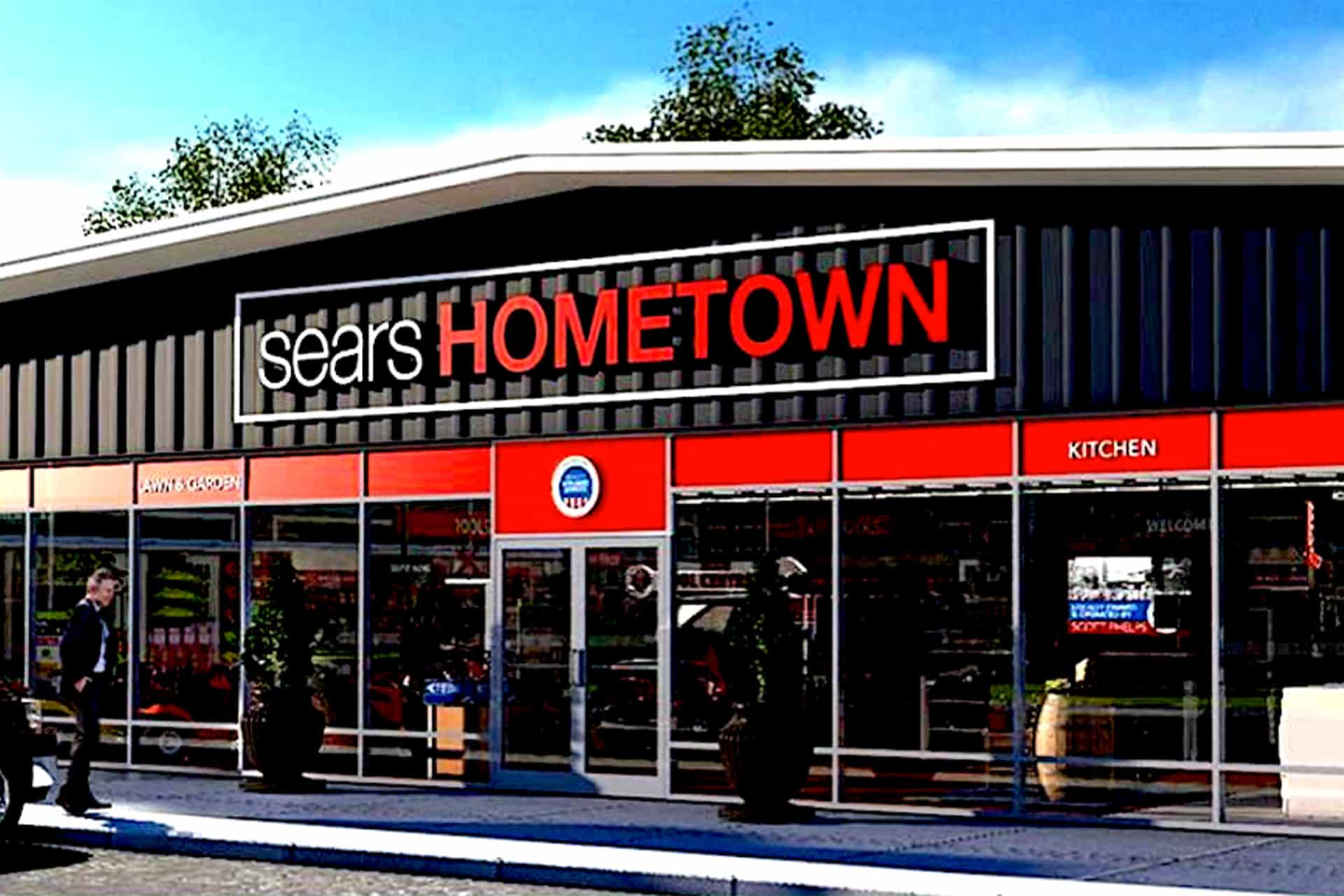Sears Hometown is liquidating inventory under Chapter 11 bankruptcy protection after a dispute with Transformco, an entity created by financier and former Sears CEO Edward Lampert and ESL Partners, a hedge fund he operates, regarding payments for ongoing inventory deliveries.
The independent dealers who own and operate Sears Hometown stores will no longer receive or control inventory identified in the Chapter 11 case, and the company has arranged for liquidation sales for the goods in question.
The petition was made by Elissa Robertson, Hometown CEO and a Transformco officer. Sears spun off Sears Hometown in 2012, and Transformco reacquired the company after it bought Sears out of bankruptcy in 2019.
Sears Hometown ownership at the time of the bankruptcy filing included ESL Partners, at 9%, Lampert, at 37.75%, Hometown Midco LLC, at 45.23%, and Thomas Tisch and certain affiliates, at 8.03%.
The petition was prompted in part because Sears Hometown has been heavily reliant on Transformco for goods and services which, according to the petition, it was unwilling, unable or otherwise failed to provide and/or finance.
The petition also noted that Sears Hometown’s financial performance has suffered over the last few years from factors including declining sales, rising costs and a “hangover” from the COVID-19 pandemic. For the year ended January 29, SHS incurred recurring operating and net losses from continuing operations of $16.2 million and $18.3 million, respectively.
A revolving credit agreement with PNC Bank included an affirmative covenant that required Sears Hometown to maintain certain excess availability, as defined in the agreement, a covenant that the company breached in mid-October 2022, the filing stated. It then was placed in cash dominion and began discussions with PNC and Transformco about restructuring alternatives. Transformco requested assurances of payment before providing new inventory. With that being the case, Sears Hometown found itself in an untenable position, especially because of the heavy reliance its independent dealers had on the sale of inventory received from Transformco. At around the same time, a dispute arose between Sears Hometown and Transformco over the amount of inventory that remained in Transformco’s control. Attempts to resolve disputes with Transforco pre-bankruptcy were unsuccessful, the filing maintained.
Sears Hometown has struck agreements with Tiger Capital Group, B. Riley Retail Solutions and SB360 Capital Partners under which Sears Hometown would promptly undertake inventory liquidation sales.
Robertson, who filed the petition, served under Transforco’s Transform Retail segment as CFO and, from 2021 through the present, as head of retail for Transform Management. She began working with the Hometown Stores leadership team in August of 2021 as the operation looked to partner on initiatives and find efficiencies. She became CEO of Sears Hometown in May 2022.
Independent dealers operate Sears Hometown stores under a store agreement that has the company providing inventory on a consignment basis, branding and marketing and related services. It also pays commissions to dealers based on net sales of merchandise and extended-service plans. The dealers handle start-up costs, lease payments and other store operating costs, including payroll.
Sears Hometown’s store count declined over the years, but the filing noted that it still operated 121 stores across 26 states and in Puerto Rico.
In mid-2019, Sears Hometown announced that it had entered into a definitive merger agreement with Transform Holdco and into a second definitive agreement with Liberty Tax, Inc. to sell its Sears Outlet segment and our Buddy’s Home Furnishing Stores as authorized in its merger with Transform. At the time, the chain included 438 stores across 49 states, Puerto Rico and Bermuda. Transformco also operates Sears stores.





